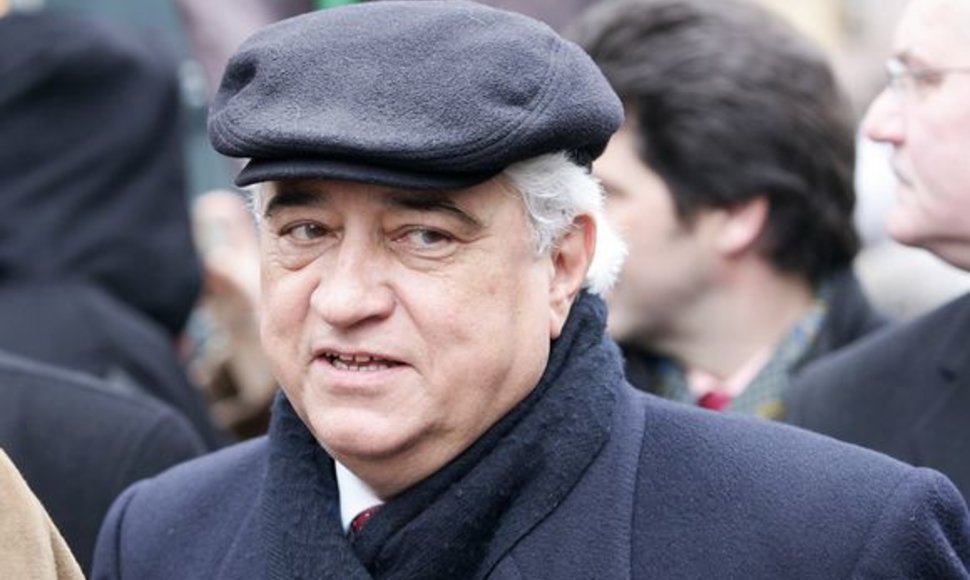The ambassador noted that Latvia and Estonia, which have delayed the implementation of the European Union's Third Energy Package, are paying less for Russian gas.
"When Gazprom, which has multi-million and perhaps multi-billion investments, the gas pipes and so on and so forth, is forced to lose its assets and these investments, we take it as expropriation based on the demand of the EU's Third Energy Package. For example, Gazprom has managed to find agreement with Latvia and Estonia. They are postponing the introduction of the Third Energy Package and they chose not the "worst" option but, let's say, a "milder" one that satisfies us. They made a step, and we made a step, and the gas price there is 20 percent lower," the Russian ambassador told journalists after the meeting.
"When I say that we need to talk and try to find agreement, unwillingness to talk and unwillingness to find agreement, or accusations against the Russian company, accusations that are baseless, are poisoning the atmosphere of mutual cooperation and mutual understanding," Chkhikvadze said.
In his words, Russia is interested in Gazprom working under comfortable conditions in Lithuania so the company does not lose investments in the country.
The implementation of the Third Energy Package sparked disputes between Lithuania and Gazprom. Lithuania plans to separate activities of Lietuvos Dujos (Lithuanian Gas) by the end of 2014. Gazprom owns 37.1 percent of Lietuvos Dujos. Following the implementation of the energy reform, gas mains will be controlled by a new company spun off from Lietuvos Dujos.












